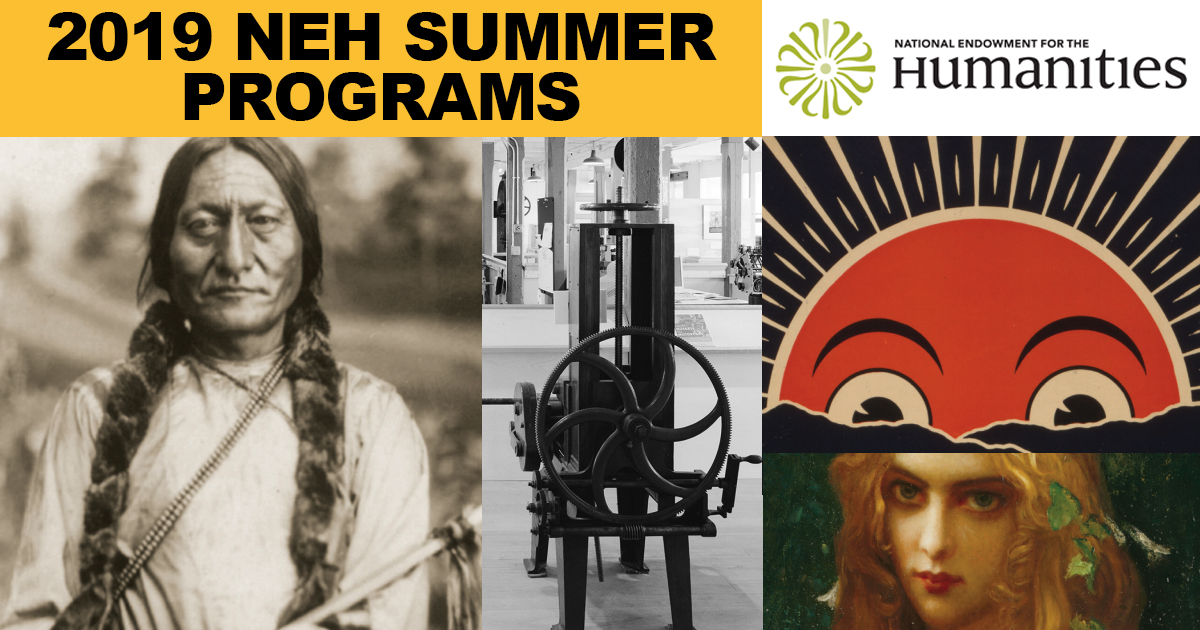Most of the following lesson plans, activities, and other teacher resources are for sale on my teacher's marketplace; however, lesson plans marked with an asterisk (*) are free to use (under a creative commons non-commercial license).
Formative Assessments
Teachers often need to make sure their students are on track. This usually involves checking for understanding during class, creating discussion questions, quizzes, tests, and so on. Here are some original formative assessments I created to help you track your students' success.
Short English Language Test for ELLs - I created this assessment to assess my English Language learners in September. You can use it as a short, formal assessment of language skills.
Long English Language Test for ELLs - I created this longer assessment to assess my students at the end of the semester. There are three versions.
Greek and Roman Mythology
Teaching Greek and Roman myths is a favorite topic among upper elementary and middle school students. Here are some resources I created that touch on some of my favorite topics.*10 Words and Phrases Derived from Greek Mythology - From my blog, here are ten words and phrases popularly used in the English language.
21 Frayer Model Set for Myth-related Literary Terms and Vocabulary - Are you teaching a unit on myth or mythology? Do you want your students to learn academic vocabulary related to this topic? Research shows that teaching vocabulary in context is the best practice for long term retention. Using Frayer models are a proven method to do this effectively in the classroom when teaching literature and non-fiction texts. Get your students actively engaged with vocabulary — and have them proudly display their creations!
The Myth of Icarus: A Cautionary Tale from Ancient Greece - Introduce your students to a fairly popular Greek moral tale about an ambitious inventor and his erstwhile son. I have created a 3-day lesson plan filled with activities to get your students thinking critically about this important mythological text.
Mythology Series: The Ancient Greek Myth of King Tantalus - Engage English Language Arts Students (grades 8-9) with the ancient Greek Myth of Tantalus — the deceiver who thought he was equal to the gods!
Mythology Series: The Ancient Greek Myth of Sisyphus - The myth of Sisyphus is the original rolling stone. Kids will love tracking down the allusions to this extraordinary Greek hero tale. Aligned with Common Core Standards, this individual lesson pack prompts students to discuss the myth, to compare it to other works of art, to work in groups, and to complete a writing activity.
Ready-to-Go-Activity: 10 Everyday Words and Phrases in Greek Mythology - I updated my blog post on words and phrases from Greek myth and made it into a usable resource for teachers in the classroom.
Homesick: My Own Story by Jean Fritz
Jean is a ten-year-old American girl living in the British settlement in Hankow, China in the 1920s. In this autobiographical novel, Jean witnesses major events on the world stage through her own childlike perspective.
Chapter One Lesson Plan Resource
Chapter Two Lesson Plan Resource
Chapter Three Lesson Plan Resource
Chapter Four Lesson Plan Resource
Chapter Five Lesson Plan Resource
Chapter Six Lesson Plan Resource
Chapter Seven Lesson Plan Resource
Homesick: My Own Story Lesson Bundle
Homesick: My Own Story Lesson Super Bundle + Google Forms
Maps and Geography Skills
My first paid teaching job was a Summer school gig in New Orleans, Louisiana. I taught Geography. Here are some lessons to get your students more geographically-aware.
*Printables: Blank World Map for Printing (with borders) - I like using this gratis, public-domain world map; it's easy to use, has borders, and makes for a good geography quiz template.
Geography Skills Lesson: Ready-to-Use Worksheet with Blank World Map - I made this resource as a simple day one assessment of a student's knowledge of world geography. It's ready-to-go out of the box
Philosophy in the Classroom Series
One of my projects is teaching philosophy in the classroom. Every chance I get I introduce students to philosophical thinking. Here are some polished resources that are classroom-tested and guaranteed to get your class thinking.Caught You! The Ring of Gyges from Plato's Republic* - A FREE lesson plan on justice. If you like it consider the bundle that comes with three self-grading Google Forms!
Plato's Allegory of the Cave in Plain Language - A lesson plan on truth and reality
Philosophy in the Classroom: Nietzsche and Bill Murray in Groundhog Day — A lesson on Nietzsche's concept of eternal recurrence.
Philosophy in the Classroom: "The Parable of the Madman" by Friedrich Nietzsche The phrase "God is dead" has entered into the zeitgeist. But what does this phrase mean? And how and where does the nineteenth-century writer and philosopher Friedrich Nietzsche use it? Answer these questions with your students with Stones of Erasmus's close reading and writing lesson plan resource.
"Discuss any Moral Dilemma!" All-in-One Lesson - A lesson plan for any moral dilemma
Empiricism versus Rationalism - A lesson plan on how we know that we know (and why)
Task Cards for Philosophy Education - "What is Philosophy?" Task Card Set (28 Cards + 2); Freedom Discussion Task Cards (16 Card Set + 2); "The Biq Questions" 44 Task Card Set
Quotes in the Classroom Poster Series
On Boredom (from The Hogfather by Terry Pratchett)
On Who To Bestow Your Talents (Advice from Jesus)
On Judging Appearances (Opposing Viewpoints Discussion)
4-Lesson Quotes Bundle for Middle and High School Classroom Discussion
Writing Graphic Organizer: Thinking About Any Quote or Textual Evidence
Reading Comprehension Resources
Reading is essential. Here are some resources to help inject some energy into any-level reader.
Five ELL Reading Comprehension Questions ("Bobby the Math Whiz" - Nonfiction) - Use this text as a reading comprehension worksheet for English Language Learners.
William Blake and Romanticism
William Blake's poetry is mystical and beautiful - and here some lessons I have created about him and his work.
William Blake's "London": Visualizing the Industrial Revolution Through Poetry - Blake's poem is evocative of a time period in history where children worked as chimney sweeps and child labor is London was commonplace - a travesty of the first stages of the Industrial Revolution.







